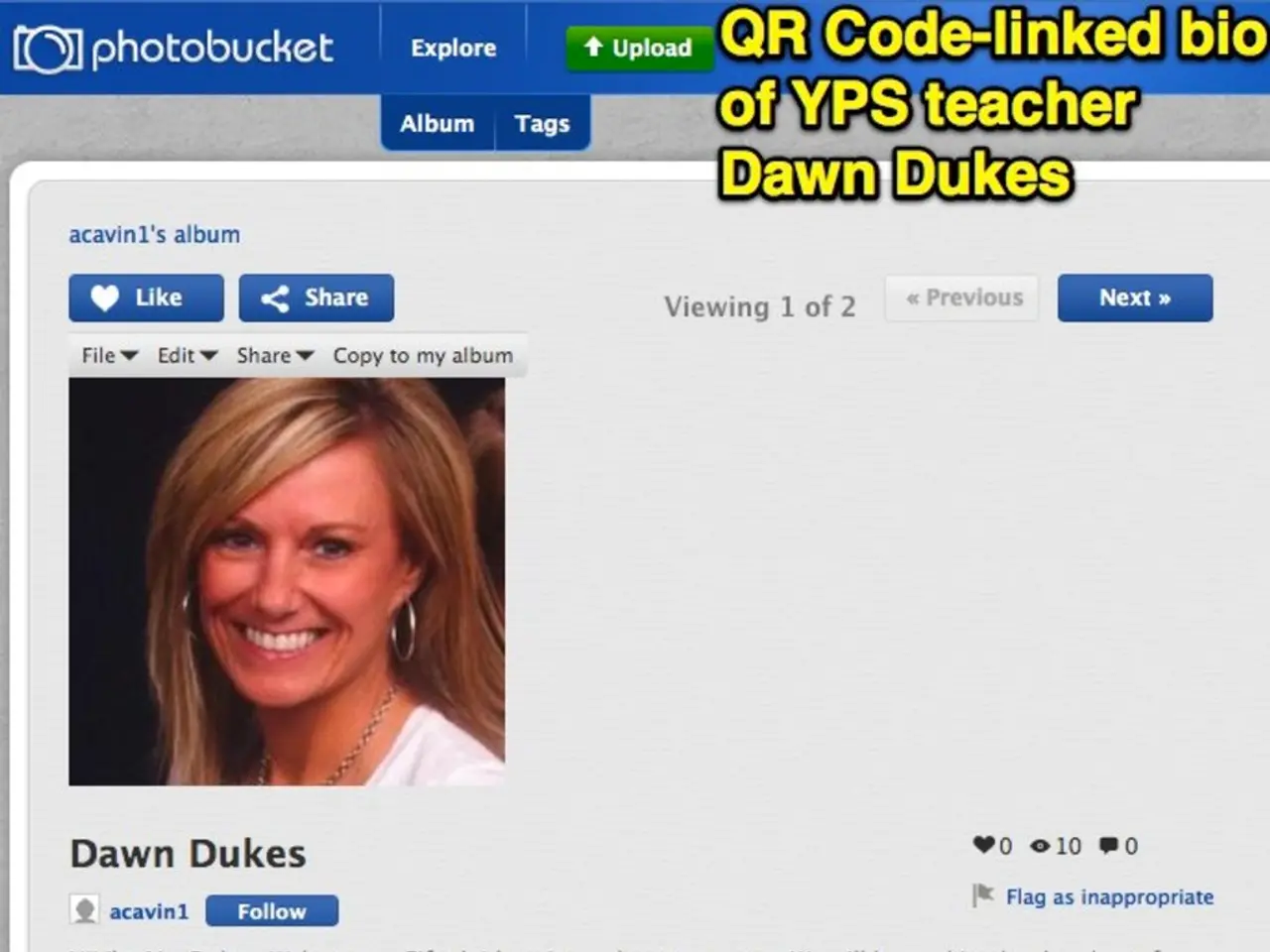Enhancing Trust in Healthcare Through Social Media: Key Strategies Revealed
In the digital age, healthcare providers are leveraging social media to engage patients, foster meaningful conversations, and build trust. Here's how to create an authentic, educational, and compliant social media presence:
## Foundations of Compliance and Professionalism
Maintaining privacy and HIPAA compliance is paramount. Never share protected health information (PHI) or post patient photos/videos, even if patients are not identified. Adhere to the same professional standards online as you would in person, and promptly report any privacy breaches.
Avoid online contact with patients that could blur professional lines, and never make disparaging remarks about patients, colleagues, or employers, even anonymously. Maintain factual and credible communication, relying on verified sources to counteract misinformation.
## Strategies for Authenticity and Engagement
Understand your audience by conducting surveys to learn which platforms they use, what content they value, and when they’re most active. Tailor your presence—Facebook and Instagram for general audiences, LinkedIn for professional networking, TikTok for younger demographics.
Create relatable, shareable content focusing on health tips, preventive care, and wellness education. Use simple language, infographics, and videos to make complex topics accessible. Encourage interaction by hosting Q&A sessions, live discussions, and responding thoughtfully to comments and messages.
Highlight patient stories (with consent) to humanize your practice. Share anonymized patient success stories or general testimonials to build trust and empathy.
## Educational Content and Thought Leadership
Produce valuable, educational content regularly, addressing common patient questions, explaining procedures, and discussing health trends. Use keyword research to cater to your audience's needs. Position your practice as a trusted source by addressing FAQs from consultations, explaining new treatments, and commenting on industry developments.
Leverage multiple formats, including written posts, live videos, infographics, and patient-friendly explainers, to cater to different learning preferences.
## Tactical Execution
Match platform to audience demographics, focus on education, not promotion, and use plain language. Never share PHI; cite sources. Respond promptly, host live Q&As, and maintain professional boundaries. Use targeted ads for health campaigns, ensuring ads are factual and not misleading.
Monitor engagement, respond to feedback, and report privacy breaches immediately. Regular posting maintains visibility and reinforces your brand’s reliability. Disclose sponsorships or partnerships, and correct any errors promptly.
Stay updated on both social media trends and healthcare regulations to adapt strategies as platforms and policies evolve.
## Key Principles for Success
Consistency, transparency, and continuous learning are key to success. Regular posting maintains visibility, disclosing sponsorships or partnerships builds trust, and staying updated on trends and regulations ensures your strategy remains effective.
By combining strict compliance with patient privacy laws, a deep understanding of your audience’s needs, and a commitment to authentic, educational content, healthcare providers can build a social media presence that boosts credibility, engages patients, and drives meaningful health conversations—all while safeguarding professionalism and trust.
Social media offers a unique opportunity to transform healthcare communication into a relational, trust-building experience. Authenticity, compliance, and delivering valuable content are key to building a compassionate digital presence and enhancing the overall patient experience. Stay curious, keep learning, and watch your digital community thrive!
- To encapsulate health-and-wellness insights in an engaging format, healthcare providers can create relatable, shareable content focusing on health tips, preventive care, and wellness education, as well as host Q&A sessions and live discussions on social media platforms such as Facebook, Instagram, LinkedIn, and TikTok to foster meaningful interactions with their audience.
- In the realm of science and healthcare, social media can also serve as a platform for thought leadership, enabling healthcare providers to position their practice as a trusted source by regularly producing valuable, educational content addressing common patient questions, explaining procedures, and discussing health trends, while adhering to privacy and HIPAA compliance guidelines and maintaining credible communication based on verified sources.




